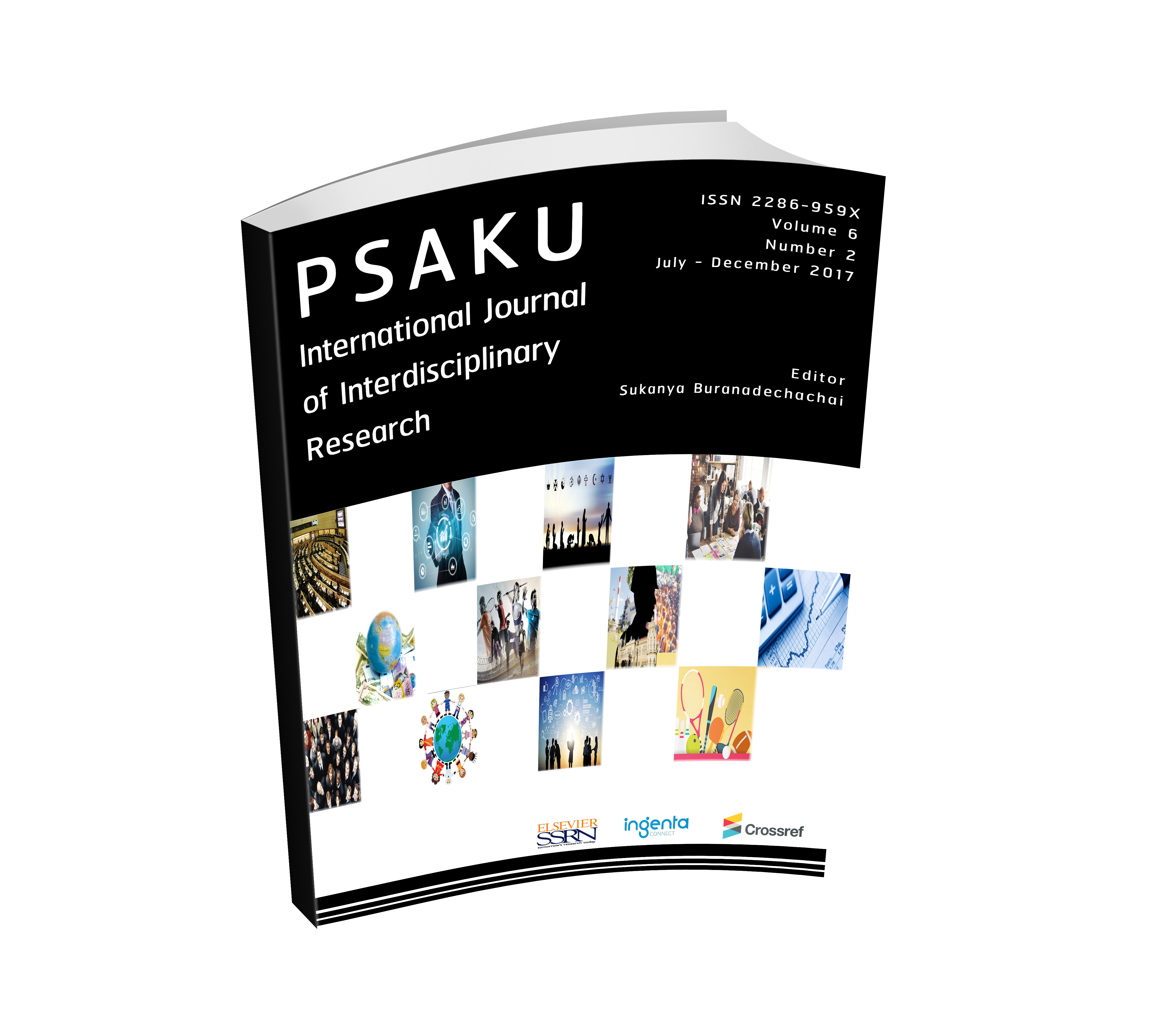Impact of Unbalanced Economic Growth to Dynamic Trade Specialization
Keywords:
Unbalanced Economic Growth, Dynamic Trade Specialization, RSCA, GDPAbstract
This paper aims to analyze the influence of Unbalanced Economic Growth on Dynamic Trade Specialization. The first analysis, we must know the value of coefficient Dynamic Specialization from similarities RSCA (Revealed Symmetric Comparative Advantage). Second, we analyze the effects of unbalanced economic growth to the dynamic trade specialization with the econometric model. The Symmetric Revealed comparative advantage (RSCA) is an indicator in measuring the dynamic trade specialization. The coefficient of variation (CV) of sectoral output growth is an indicator of unbalanced economic growth. The countries of Argentina, Brazil, Paraguay, and Uruguay are the units of analysis unit of this research. This research use data on export by SITC Rev 3 from UN- COMTRADE, and data on GDP (value added) from UNSD for period 2000-2015. The results obtained the country Argentina and Brazil possesses positive relations and significantly affect the dynamic trade specialization, but not for the case of the country Paraguay and Uruguay. In addition, the world unbalanced economic growth has a relationship that does not significantly affect the Dynamic trade specialization of all countries selected in this research.
Downloads












.png)


